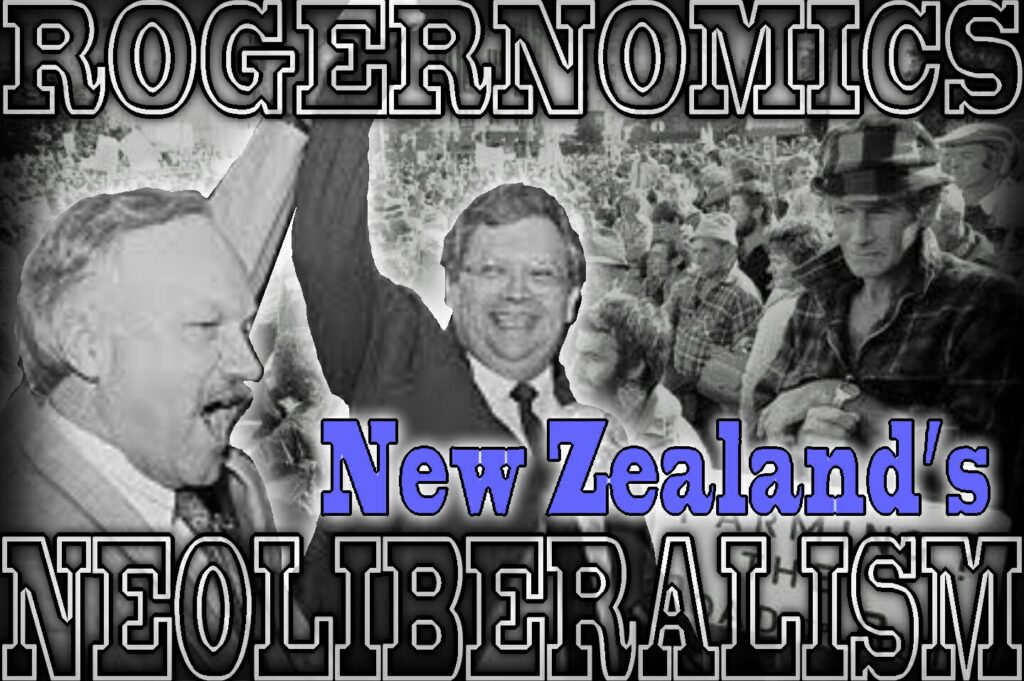From — “A Strange Outcome” by John Roy-Wijciechowski
New Zealand is not only a land of great physical beauty. It has developed a proud tradition as a caring and welcoming people. They are qualities bred by the sheer remoteness of the land from others – working together is as important as the need for inventiveness to wrest the riches from it.
This began in earnest in the last quarter of the 19 th century with the arrival of a new political movement called Liberalism. It was politics with a heart, espousing equality for all people in a nation. Its mood was embraced by one of New Zealand’s most important leaders, Sir George Grey: ‘What I am resolved to maintain is this, that there should be equal justice in representation and in the distribution of land and revenue to every class in New Zealand … equal rights to all – equal rights in education, equal rights in taxation, equal rights in representation in every respect.
It was a bold ambition and would, indeed take many years to be realised. But there were the beginnings in the last years of the century: Universal male suffrage removed the franchise privileges of the wealthy classes and land-owners: this was followed in 1893 by awarding the vote to women, the first country in the world to do so. There were major labour reforms, including protections for factory workers and the right to form unions. Farmland was opened up for settlement. People past their working and tax-paying life were rewarded with an old-age pension. In these and other ways, the people had a respected and valued place.
As New Zealand struggled to recover from the disasters of the Great Depression, it elected in 1935 one of its most influential Prime Ministers, the leader of the socialist Labour Party, Michael Joseph Savage. In the next five years, he would transform his country, based on his philosophy that ‘it is the inalienable right of every person to be secured against distress in any form’, his government introduced such startling innovations as compulsory trade unionism, an eight hour working day, a forty hour week, controls on buying and selling foreign exchange, a licensing system to restrict imports and their drain on reserves of foreign currency, easier access for adult education, free milk for school children……
In 1938, his Social Security Act intensified the rate of change with its free health service, universal superannuation and state funded housing. The whole package of reforms – economic and social – gave New Zealanders the third highest standard of living in the world. Equally importantly a ‘cradle-to-the-grave’ society in which, as one commentator noted, ‘A safety net had been placed under more citizens to stop them falling into the gutter and nearly everyone felt more secure’.
The atmosphere of sharing, the belief in national togetherness would last till 1984 before disintegration under a new wave of political philosophy that world unlock a lust for private greed and destroy the caring psyche of the nation.
It introduced a dog-eat-dog mentality of individual survival and greed. For decades, New Zealanders had existed with the principle of fair play, the belief that everyone deserved their place under the Kiwi sun, that the safety net would always be there for those who tripped. The cradle-to-the-grave mentality was as solid a platform for society as the faith in the superiority of the All Blacks rugby team. Now, in a time frame so short it could be regarded as instant, that comfortable and secure world was upended. Survival, rather than support, became the Kiwi way of life. Individuals had to compete in a cut-throat market. Greed fuelled by the promise of free market trading swept through the business community.
Welcome to Rogernomics.

Leave a Reply